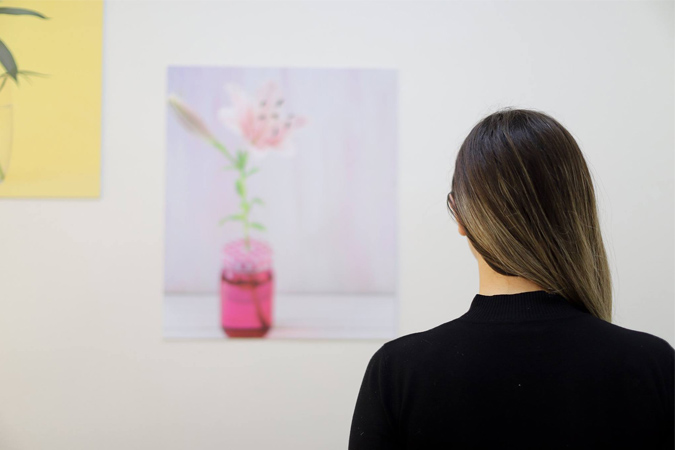Albania adopts new protocol to ensure undisrupted shelter services
Date:

The Ministry of Health and Social Protection of the government of Albania adopted a dedicated protocol on 10 April to ensure undisrupted functioning of shelters during the COVID-19 emergency in Albania. According to the new protocol, domestic violence shelters are declared as essential services and must remain open and accept new survivors of gender-based violence.
Emerging data shows that since the outbreak of COVID-19, reports of violence against women, and particularly domestic violence, have intensified[1]. In Albania, hotlines report a larger number of calls. Ahead of the adoption of the protocol, shelters were not open as they did not have clear guidance on how to function in light of the pandemic and the lockdowns. Shelters were also unable to accept new women who were experiencing violence.
The new measure will help shelters protection services to survivors of domestic violence and trafficking, while complying with existing preventive measures to limit the spread of COVID-19. The protocol provides clear guidance on accepting new women survivors into shelters during the pandemic, managing new cases and the obligatory hygienic standards to be applied by state, NGO-based and emergency shelters during the pandemic.
“Shelters in Albania are now equipped with targeted guidance on providing necessary services to survivors without compromising the health and safety requirements during the epidemic,” says Alba Agolli, Project Manager at UN Women in Albania.
“Our staff was right after the adoption of the protocol and is implementing it correctly. The protocol helps staff with the steps that should be taken if a beneficiary has symptoms of COVID-19 infection,” said Mariana Meshi from the “Different and Equal” organization, which provides shelter and reintegration services to survivors of trafficking and abuse. She considers this protocol to be necessary for the shelters to stay open under the new circumstances. “This requires taking extra measures to prevent the spread of COVID-19 but also to operate as efficiently as possible and provide the necessary services in line with the new restrictions [on COVID-19].” she says.
The protocol was developed with the technical support of UN Women, as part of the UN Joint Programme on “Eliminating Violence against Women”, financed by the Swedish Government.
[1] COVID-19 and Ending Violence against Women and Girls, UN Women